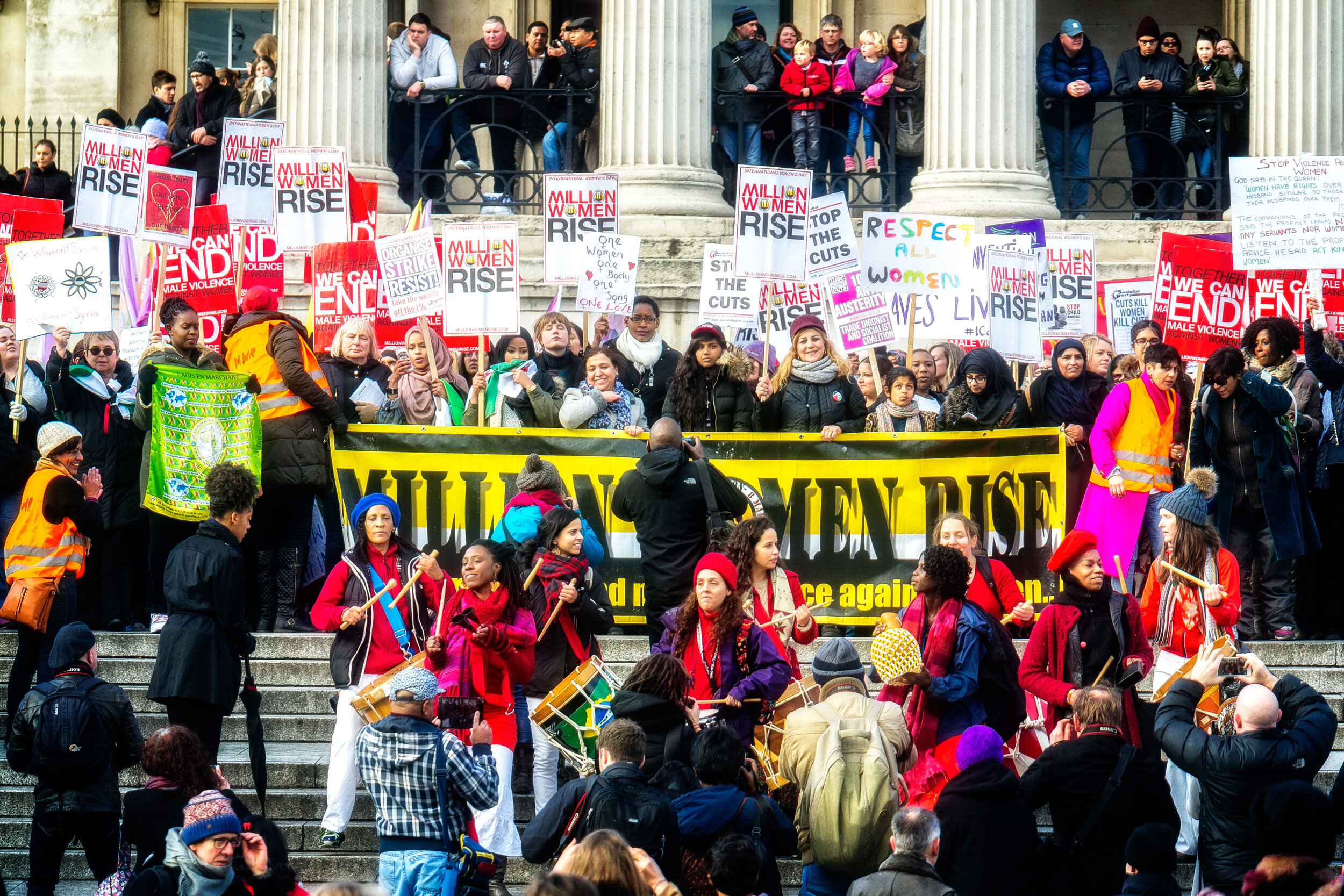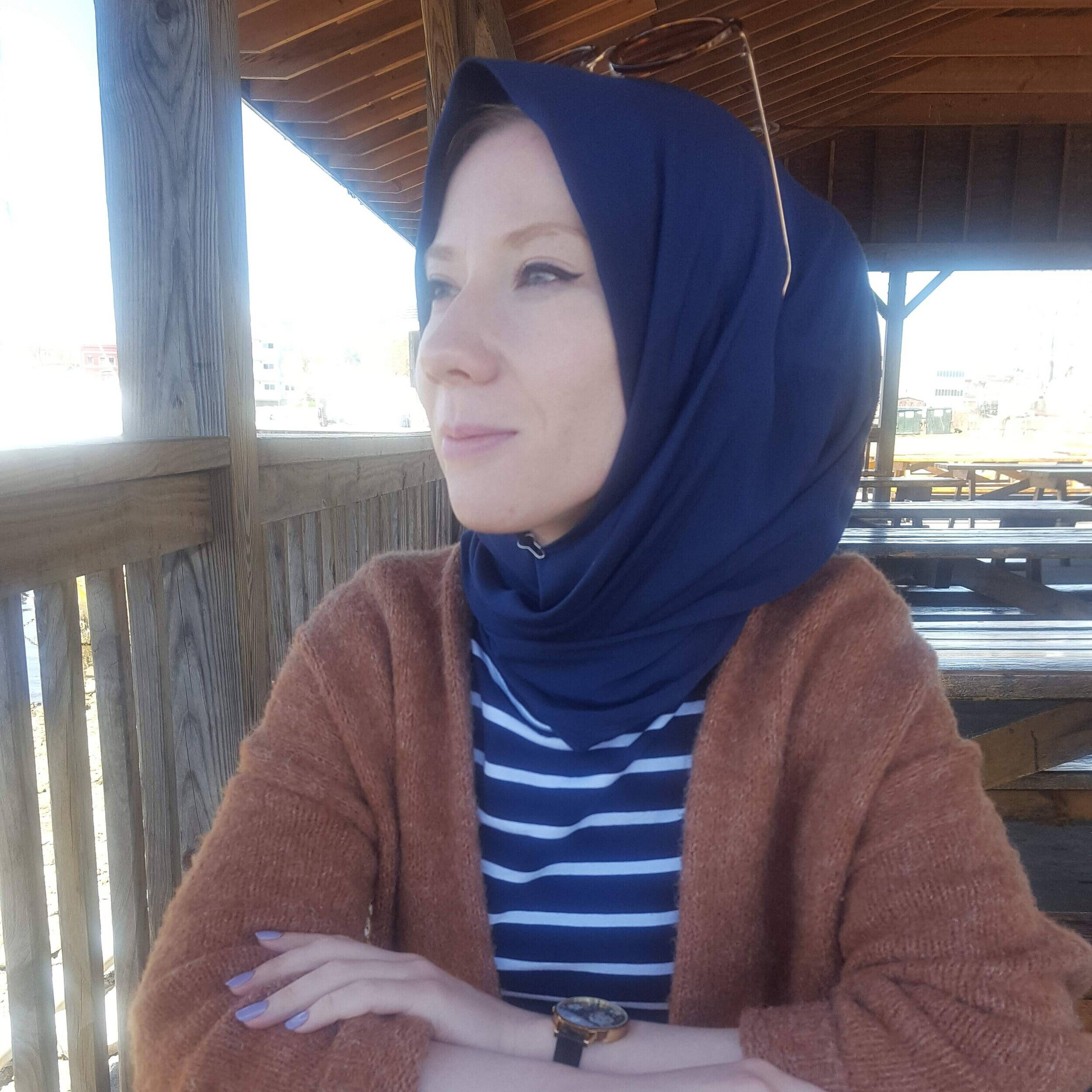The coronavirus pandemic has negatively impacted the world, creating unforeseen challenges and serving to highlight and deepen racial disparities and global inequalities. Since the start of the pandemic, many countries have enacted mandatory quarantines in order to slow the spread of the virus, while a few countries are now in the process of easing, and in some cases lifting, restrictions. In addition to the coronavirus’s effects around the world, the pandemic is also having lasting impacts on the lives of women and girls across the globe—from school closures to a rise in domestic abuse to a loss of access to health care and community programs. In particular, COVID-19 is setting back efforts to end child marriage as it causes delays in programs around the world that are dedicated to ending child marriage and female genital mutilation (FGM). According to the World Health Organization, more than 3 million girls are at risk for FGM every year. According to UNICEF, there are approximately 15 million child marriages annually.
Researchers at the United Nations Population Fund predict that there “could be an extra 13 million child marriages and another 2 million cases of FGM in the next decade as the pandemic stymies global efforts to end both practices,” according to a report from Reuters. As more families face economic struggles caused by a global recession in the wake of the pandemic, “parents may marry off girls as a way to reduce the number of children they have to support or to access dowries,” according to the World Economic Forum. The risks of child marriage and FGM are also increasing during the pandemic because schools are closed and many organizations are finding it difficult to operate under lockdown. Schools help protect children, particularly girls, and when the schools shut down, organizations found it difficult to reach the girls and communities they support, according to Girls Not Brides, a global organization dedicated to ending child marriage.
The Campaign for Female Education (CAMFED) said that “some girls are prioritizing marriage and children over education” and “in Malawi, some people are saying, ‘Schools won’t reopen, so just marry,’” according to Voice of America. Malawi has one of the highest rates of child marriage in the world, according to UNICEF. In Malawi, 42% “of girls are married before the age of 18 and almost one in 10 are married before their 15th birthday,” according to a 2016 study.
The Centre for Social Concern and Development (CESOCODE) is one group that is trying to continue its work despite the challenges of COVID-19 restrictions. The programs director for CESOCODE, Ephraim Chimwaza, said, “When girls are forced to stay at home or within their communities rather than attending school, they are at far greater risk of experiencing gender-based violence and are more vulnerable to child marriage. The difficulty of the lockdown means that they cannot report anything that does happen to them, as they are much more isolated,” according to Girls Not Brides. CESOCODE utilized technology to keep in touch with the girls, using social media and a Bluetooth messaging service to check in with them and to promote domestic violence prevention and public health. They have also developed a podcast about domestic violence against girls, and for communities without access to technology the organization is handing out flyers and brochures to educate and spread advice on how to keep safe.
In Somalia, the coronavirus lockdown led to a huge increase in FGM. The country has the world’s highest FGM rate “with about 98% of women having been cut,” according to Reuters. The practice is “traditionally carried out during school holidays in urban settings or during the rainy season in rural areas,” according to Plan International, a girls’ and children’s rights charity. According to Plan International, Somali girls are being subjected to FGM from door-to-door circumcisers who are using the lockdown as an opportunity to carry out FGM since the girls are not in school. Since the period that girls are off of school is longer than other years, there is already an increase in FGM cases.
Girls and young women who were already at risk before the pandemic are now left unprotected, and as such, Sadia Allin, Plan International’s head of mission in Somalia, says, “Measures to address increased risk of gender-based violence and harmful practices, including FGM, should be included in response and recovery plans and these should be gender and age responsive. Girls and young women should be involved in the development of response and recovery plans to ensure their unique needs are met.”






